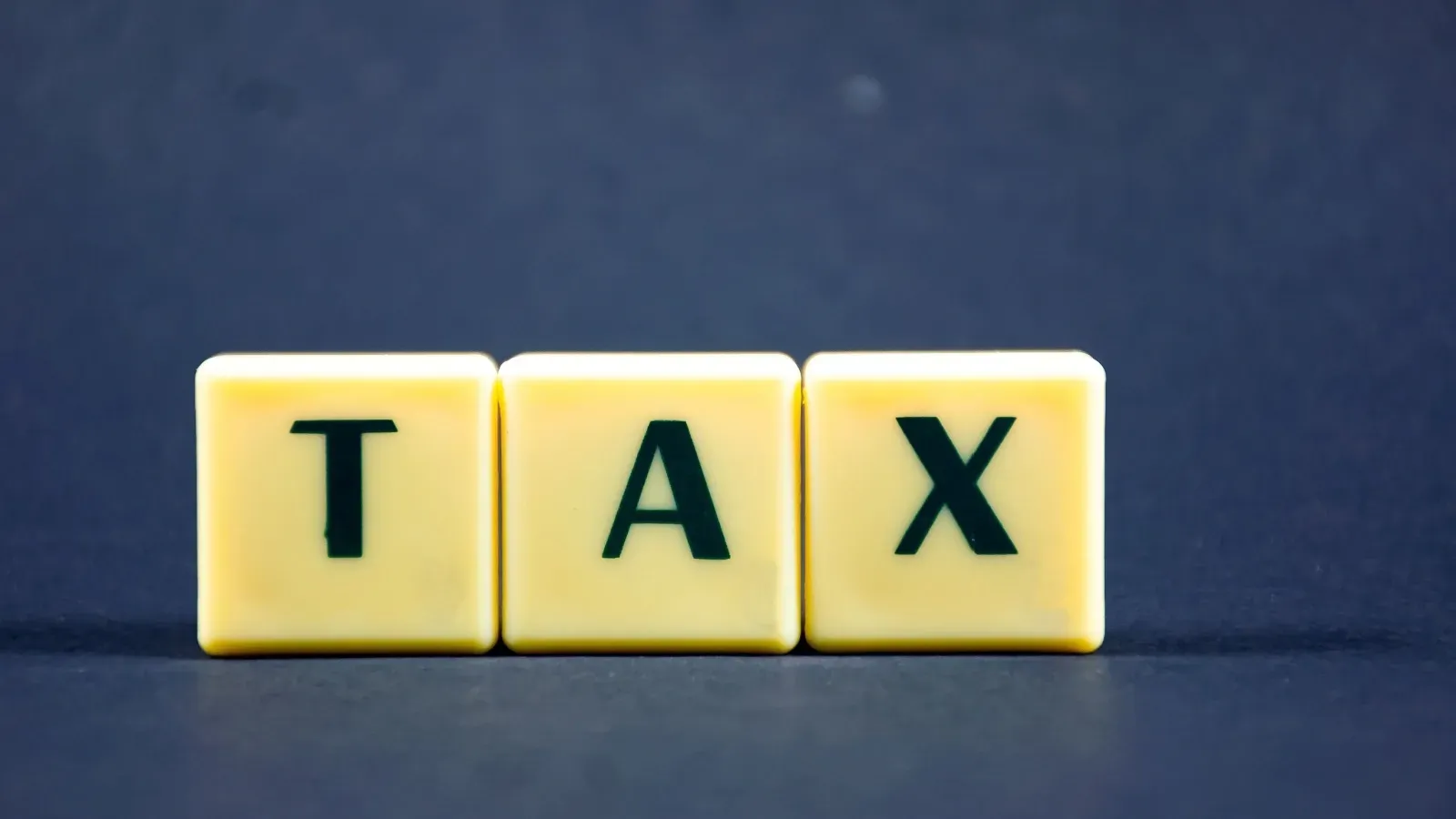Personal Finance News
ITR filing deadline 2025: What is the tax benefit for senior citizens under Section 80TTB?

5 min read | Updated on August 31, 2025, 09:17 IST
SUMMARY
Tax deductions under Section 80TTB of the Income Tax Act are only available under the old tax regime. Senior citizens don’t need any additional documents to claim deductions under Section 80TTB. The usual documents, including PAN, interest certificate and bank statement, will be sufficient.

Resident Indians aged 60 or above at any time during a Financial Year (FY) can claim deduction under Section 80TTB from their gross total taxable income for that FY.
The tax filing season for assessment year 2025-26 (AY 26) is underway, and the deadline for non-audit taxpayers is just around the corner. This makes it a crucial time to understand how senior citizens can avail themselves of income tax benefits through available provisions.
What is Section 80TTB?
In 2018, the government introduced Section 80TTB through the Union Budget, providing tax benefits on certain income types to senior citizens.
The Section 80TTB in the Income Tax Act is a specific provision for senior citizens allowing them to claim a deduction of up to ₹50,000 on interest income from deposits with banks, post offices, etc. It is important to note that this benefit is only for interest income and not the principal amount of the deposit.
So, resident Indians aged 60 or above at any time during a Financial Year (FY) can claim this deduction from their gross total taxable income for that FY.
However, this is only available under the old tax regime. This means that senior citizens cannot claim deductions under Section 80TTB under the new regime (Section 115BAC(1A)).
These income types are eligible for claiming a deduction under Section 80TTB:
- Interest on bank deposits (savings account or fixed deposit)
- Interest on deposits held in a co-operative society engaged in the business of banking (including co-operative land mortgage banks and co-operative land development banks)
- Interest on post office deposits
For example, let’s see a scenario for a senior citizen:
- Savings account interest: ₹8,000
- Fixed deposit interest: ₹1,80,000
- Pension income: ₹3,00,000
Taxable Income (Senior Citizen)
| Particulars | Amount (₹) |
|---|---|
| Savings account interest | 8,000 |
| FD interest | 1,80,000 |
| Pension income | 3,00,000 |
| Gross Total Income | 4,88,000 |
| Less: Deduction u/s 80TTB | 50,000 |
| Taxable Income | 4,38,000 |
Senior citizens don’t need any additional documents to claim deductions under Section 80TTB. The usual documents, including PAN, interest certificate and bank statement, will be sufficient.
Note that if the deposit is in the name of a partnership, Association of Persons (AOP) or a Body of Individuals (BOI), the interest income belongs to that entity, hence the Section 80TTB can’t be claimed. This is applicable even if one of the partners or members is a senior citizen.
Section 80 TTA
Individuals below the age of 60 and Hindu Undivided Families (HUFs) also have the option to claim a benefit like this, but under a separate provision, Section 80TTA. Under the said section, interest deductions of up to ₹10,000 can be claimed. The savings account can be held in a bank, a post office, or a co-operative bank.
So while Section 80TTB for senior citizens covers all deposits, Section TTA only covers savings accounts and is available for individuals and HUFs. As senior citizens have Section 80TTB, Section 80TTA is not available for them.
| Feature | Section 80TTA | Section 80TTB |
|---|---|---|
| Eligible taxpayers | Available to individuals and HUFs (other than senior citizens) | Available only to senior citizens (aged 60 years or more) |
| Type of income covered | Interest earned solely from savings bank accounts | Interest from savings accounts, fixed deposits, and recurring deposits |
| Maximum deduction limit | Up to ₹10,000 | Up to ₹50,000 |
Section 194A
Section 194A covers the deduction of TDS (Tax Deducted at Source) on interest income (other than interest on securities) exceeding specific thresholds, which stand at ₹50,000 for senior citizens and ₹40,000 for general individuals.
This means that if the interest income is below the threshold, TDS won’t be deducted. If the interest income is above the threshold, and your total income falls below the taxable limit, you can claim a refund while filing ITR in case TDS is deducted.
This section is different from Section 80TTA and Section 80TTB. In simple words,
- 194A = TDS relief (avoid deducting tax unnecessarily)
- 80TTB and 80 TTA = Actual tax saving (reduces taxable income)
In the Union Budget 2025, the central government has proposed to increase the threshold limit for TDS deduction under Section 194A to ₹1,00,000 for senior citizens and to ₹50,000 for other individuals.
Related News
By signing up you agree to Upstox’s Terms & Conditions
About The Author
Next Story



